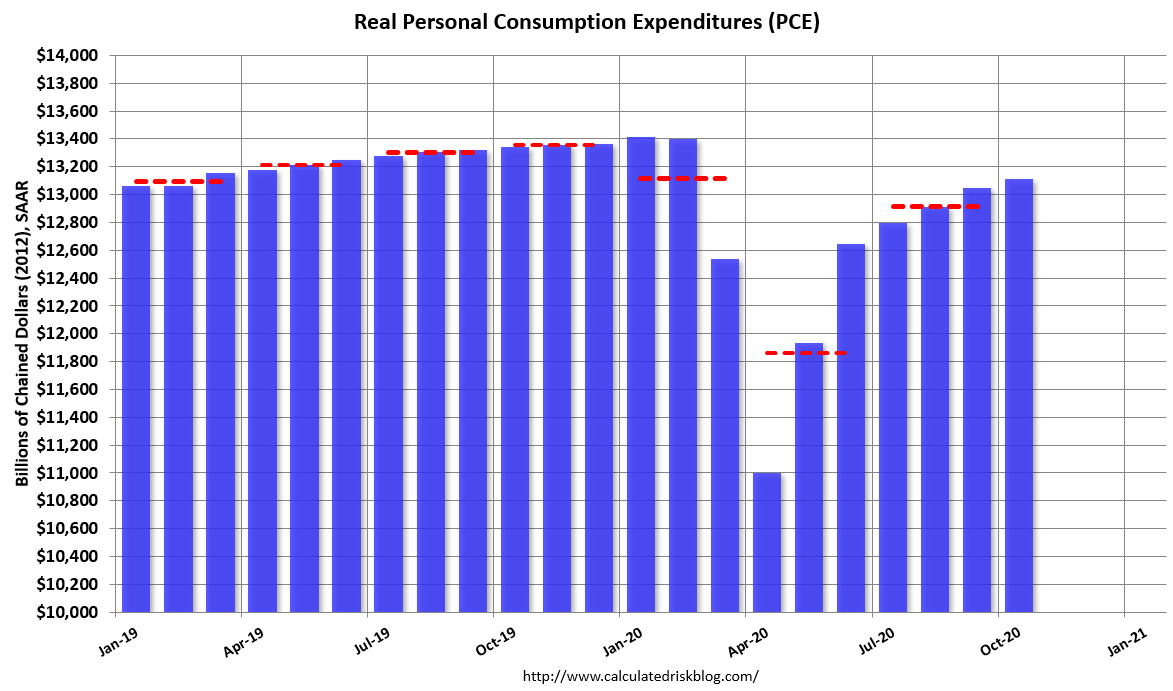A bill to amend the CARES Act to provide that EIDL emergency grant advance payments shall not be subject to certain reductions.
Tuesday, November 10, 2020
To amend subtitle A of title II of division A of the CARES Act to provide a hardship waiver for certain overpayments of Pandemic Unemployment Assistance.
Tuesday, November 24, 2020
To extend the temporary relief for Federal student loan borrowers provided under the CARES Act.
Tuesday, November 24, 2020
Wednesday, November 25, 2020
Please note that in order to view the content for the
Bankruptcy Headlines
please
log in
if you are already an ABI member, or otherwise you may
Become an ABI Member
Wednesday, November 25, 2020
Please note that in order to view the content for the
Bankruptcy Headlines
please
log in
if you are already an ABI member, or otherwise you may
Become an ABI Member
Wednesday, November 25, 2020
Please note that in order to view the content for the
Bankruptcy Headlines
please
log in
if you are already an ABI member, or otherwise you may
Become an ABI Member
Wednesday, November 25, 2020
Please note that in order to view the content for the
Bankruptcy Headlines
please
log in
if you are already an ABI member, or otherwise you may
Become an ABI Member
Wednesday, November 25, 2020
Please note that in order to view the content for the
Bankruptcy Headlines
please
log in
if you are already an ABI member, or otherwise you may
Become an ABI Member
Tuesday, November 24, 2020
Please note that in order to view the content for the
Bankruptcy Headlines
please
log in
if you are already an ABI member, or otherwise you may
Become an ABI Member


